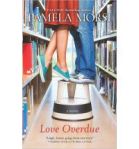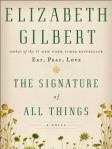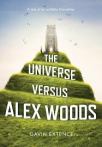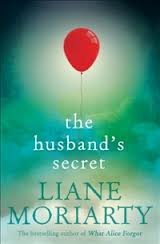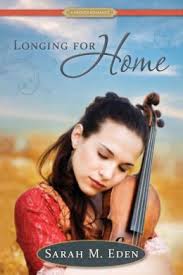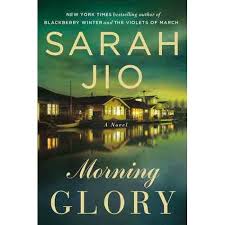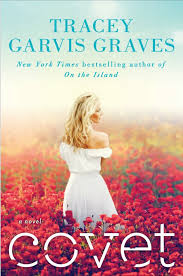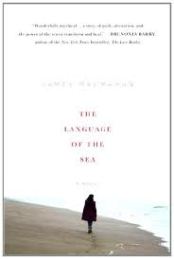
As a young adult who woke to years of dark, quiet mornings for training as a competitive swimmer, I often felt more comfortable in water than on land. So when my cousin Lynette introduced me to selkies – the half-human half-seal beings of Scottish mythology – by giving me her VHS tape of the film “The Secret of Roan Inish”, I absorbed the waking fantasy of silently and without remorse abandoning land to slip beneath the waves and join my seal kin. And now, decades later as an adult who occasionally uses said fantasy to escape the demands of daily life, I have read a novel that brings that very escape to life. Language of the Sea by James MacManus is the stuff of Celtic lore and fantasy – and yet it reads like realistic fiction. What happens in the novel is not far from the plausible. At core, it is a novel about science – specifically the marine sciences – and not fantasy at all. The main character is a marine biologist on Cape Cod, working as an academic at a research center, focusing on seal communication. The book is one whose images are now a part of me; I suspect further decades (if I’m lucky) of living on land will not erode them. But I have (or rather, had) one criticism. I thought at several junctures in my reading that the science parts of the novel, where what is known about the oceans and sea mammals was explicated, were not strong enough. Not detailed enough. I kept thinking, there is lot being left out here, and the author is just scratching the surface. But alas, by the end of the novel, the reader sees the point in that withholding. What is most important is not what we know, but what we do not know, and our degree of humility in admitting that. Our current scientific knowledge base is large, and we can explain a lot, especially in comparison to what we knew just 30 years ago, when I was still that young adult diving into pools while half asleep. But we have only just scratched the surface, especially when it comes to our oceans, which cover 70% of our planet, but of which we’ve explored only five percent. And so my one criticism of this novel is washed away. I will be reading MacManus’ new release, Black Venus, in the near future. Next Spring, we may visit a remote research outpost in Baja California – one of several vacation spots I had looked into before reading Language of the Sea – where sea lions frolic. If one dark morning I am said to have walked straight into the sea, slipped beneath a wave, and never returned, you will know with whom I am keeping company.

